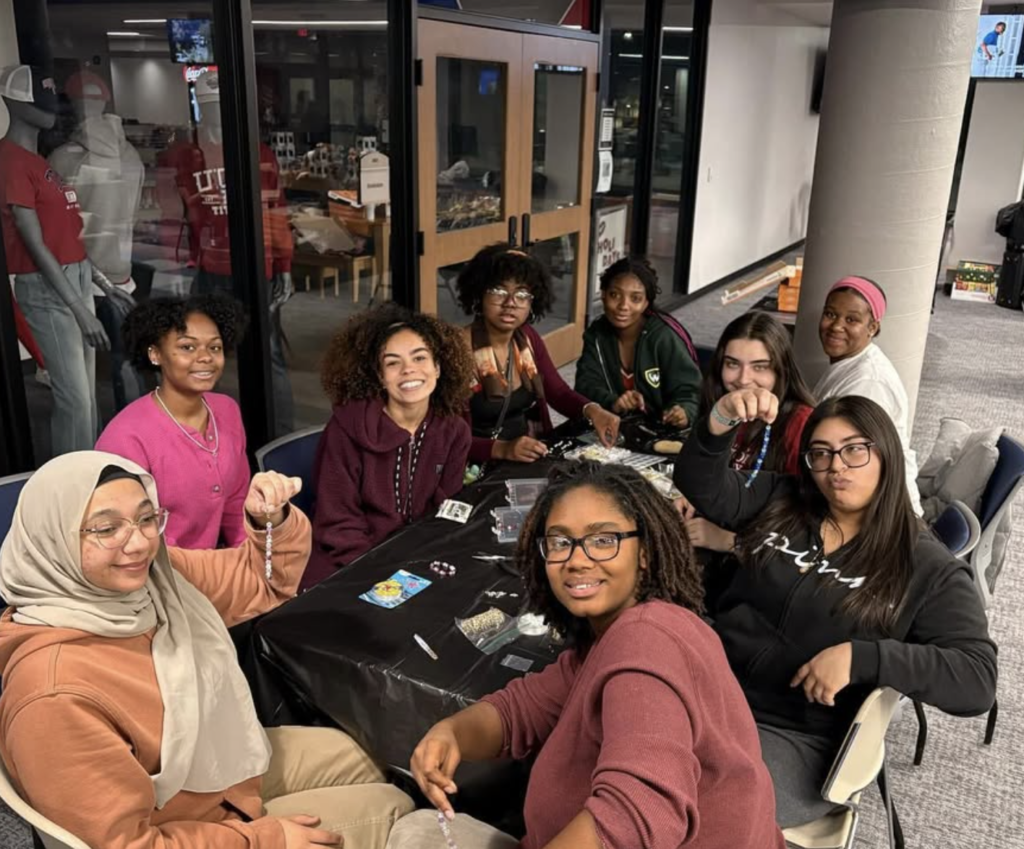
This year, the Black Student Union has returned to Detroit Mercy and with hope for the future of the organization.
In previous years, the BSU has not been consistently active. As leaders from the club would graduate year after year, responsibility for the club was left somewhat in the air.
At the beginning of the 2024-2025 academic year, Kateri Sollars stepped up to the role of president and subsequently put together an e-board and began to make plans.
Sollars indicates that she stepped into the role as president because fostering a fun but safe community for Black students and culture is very crucial to her.
Sollars’ experience, like many other Black students, going to a primarily White institution, is what ignites her passion for this community. In that experience, one comes to understand solidarity and the importance of that for marginalized people.
“I enjoy the different personalities and how outspoken we can all be with each other,” Sollars said. “We can just talk about the culture, or we can be very serious and talk about what’s affecting us.”
In the past, BSU has done events like flashlight hide and seek, a pajama mixer and even a speed matching event.
As the leadership of BSU continues to turnover, there is hope there will continue to be versatile and fun programming.
Dr. Justin Williams, director of the African American Studies program and also the group’s faculty advisor, is ecstatic to see the BSU active and is grateful to directly support the organization.
With the United States presidential administration, many students have expressed concern over the federal attacks on inclusivity initiatives and marginalized people.
When prompted about how this may impact the BSU, or the general Black community on campus, Williams expressed still feeling optimistic about the future of the AAS program and the BSU— citing how vibrant and versatile the Black community on campus is, viewing that ultimately as a strength.
There are differing opinions about how the incoming administration will impact Black student life, but the importance of the Black Student Union coming together is highlighted during what many view as difficult times like these.
Anthony Toster, a third-year student and BSU member, expressed similar concerns to fellow members but also finds hope in the group organizing.
Upon coming to Detroit Mercy, Toster says, “I knew I wanted to be around [other] Black people as much as possible.”
According to Toster, the BSU meetings not only provide him with a fun way to get involved as a commuter, but also access to a particular sense of belonging among their peers.
In the future, Toster hopes to stay involved with BSU as it evolves and help facilitate organizational growth as well.



